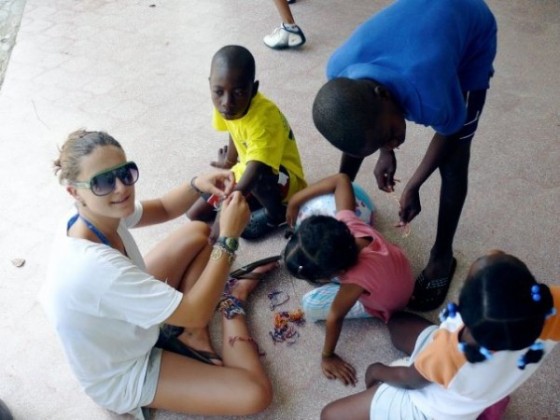I never meant to make anybody cry. I wanted the students at the small high school in Brooklyn to question themselves and the institutions that they are a part of, but I didn’t want to make them cry.
Soon after walking off stage, a teacher pulled me aside to let me know that one of his students had left in tears. I gave him my email and offered to talk to her, knowing that I was probably the last person she wanted to see.
